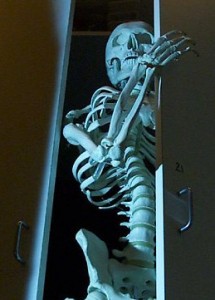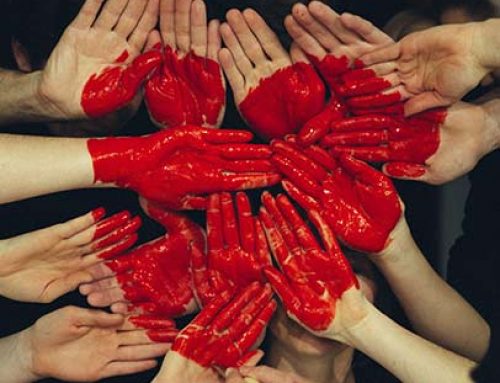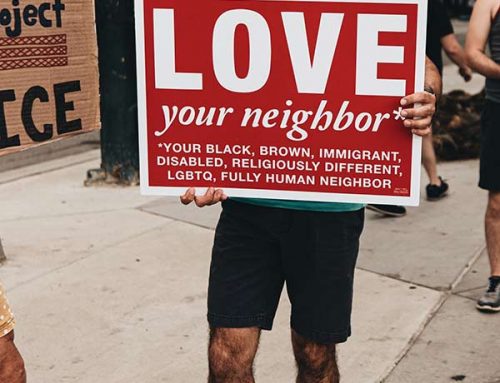 In 2009, my colleague, Sura Hart, and I were leading an Empathy workshop for men in a WA State prison. As I entered the workshop, I was surprised to see an inmate, Dan (not his real name), who had participated in a Freedom Project workshop I had co-led with another colleague, Doug Dolstad, four years ago at the same facility. I hadn’t seen him since.
In 2009, my colleague, Sura Hart, and I were leading an Empathy workshop for men in a WA State prison. As I entered the workshop, I was surprised to see an inmate, Dan (not his real name), who had participated in a Freedom Project workshop I had co-led with another colleague, Doug Dolstad, four years ago at the same facility. I hadn’t seen him since.
Seeing Dan, I remembered a moment at that first workshop when he responded to some grumbling in the group about what he was doing by saying, “I know I’m taking up a lot of time here, but learning this stuff is life or death for me.” The whole room went silent as we soaked in the truth of those words for all of us. Dan was transferred out of state for three years and had recently returned. I was moved by what seemed to me a profound change in his energy and skills at the recent workshop. He set a tone of courageously looking at “skeletons in the closet,” inviting the whole group to participate in his learning and understanding. His example encouraged others to do the same.
Encountering the enormity of the violence around me can be overwhelming, but I find renewed energy when I focus on creating safe corners, places of sanctuary in the midst of a larger backdrop. Science and history seem to support the idea that small changes in behavior have the power to affect living systems and organizations in profound ways. Be the change you wish to see and savor new life unfolding.
To experience the kind of presence these men gave to one another is to walk on sacred ground. If we can create that sacred space inside prisons, we can create it anywhere. What corner of your life do you want to turn into a place of hope and healing? What support would you like to make that happen?


